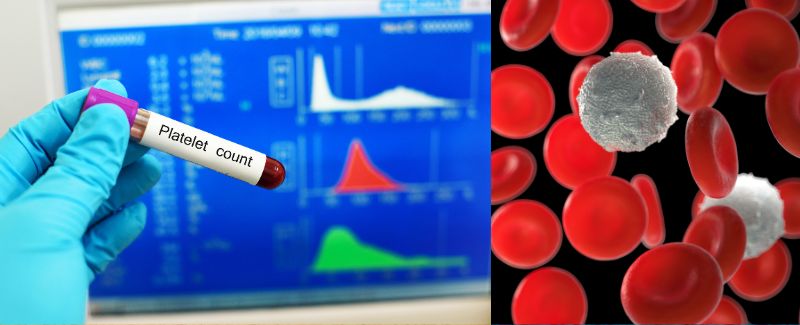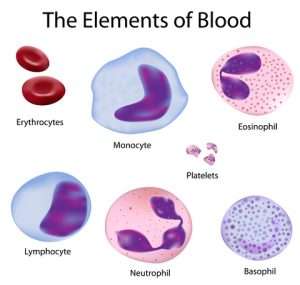
Platelets are crucial components of your blood, responsible for helping it clot and aiding in various cellular processes. A healthy individual can have a platelet count within a wide range, and even an abnormal count doesn't always indicate a problem. However, numerous diseases and conditions can lead to low platelet counts, which is a serious concern that requires attention.
What Are Platelets?
Platelets, or thrombocytes, are small blood cells that play a vital role in hemostasis, the process that stops bleeding by forming clots. They also participate in other cellular functions that are essential for maintaining health.
Causes of Low Platelet Counts
- Hereditary Conditions: Some genetic disorders can result in low platelet counts.
- Medications and Treatments: Certain drugs, including chemotherapy, can reduce platelet production.
- Nutritional Deficiencies: Lack of essential nutrients like vitamin B12 (folic acid) can lead to lower platelet counts. Vegans are particularly at risk since vitamin B12 is not naturally present in a vegan diet.
- Systemic Infections: Infections can suppress bone marrow function, leading to reduced platelet production.
- Leukemia: This type of cancer can drastically lower platelet counts.
Fun Fact: Your bone marrow produces millions of platelets every day, but they only live for about 7-10 days in your bloodstream.
Symptoms of Low Platelet Counts
The primary symptoms include:
- Bleeding: Unexplained bruising, nosebleeds, or prolonged bleeding from cuts.
- Fatigue: Feeling unusually tired or weak.
If you are on medication, your doctor should monitor your platelet count regularly. Over-the-counter pain relievers like aspirin and ibuprofen don't lower platelet counts but can affect platelet function.
Working with Your Doctor
If you have a low platelet count, it's crucial to identify the cause with your doctor's help. Most causes of low platelet counts are serious and require medical intervention. Treatment options include:
- Blood Transfusions: Receiving platelets from a donor to increase your count.
- Steroids: To reduce the immune system's attack on platelets.
- Vitamin B12 Supplements: Encourages bone marrow to produce more platelets.
Important Note: If you suspect you have a low platelet count, seek medical advice promptly. Early diagnosis and treatment are vital.
Natural Support and Supplements
While medical treatments are essential, supporting your body naturally can also help:
- Vitamin B12: Essential for platelet production. If you're vegan, consider a high-quality B12 supplement.
- Immune Support: Natural antimicrobials and immune-boosting supplements can help if a systemic infection is the cause.
Special Considerations for Pets
Pets, especially cats at risk for feline leukemia virus, may also suffer from low platelet counts. Regular veterinary check-ups and preventive care are crucial.
Conclusion
Low blood platelet counts can stem from various serious conditions and require prompt medical attention. Understanding the causes and working closely with your healthcare provider are essential steps in managing your platelet levels. Additionally, ensuring adequate nutrition, particularly vitamin B12, and supporting your immune system with natural supplements can help maintain healthy platelet counts.











